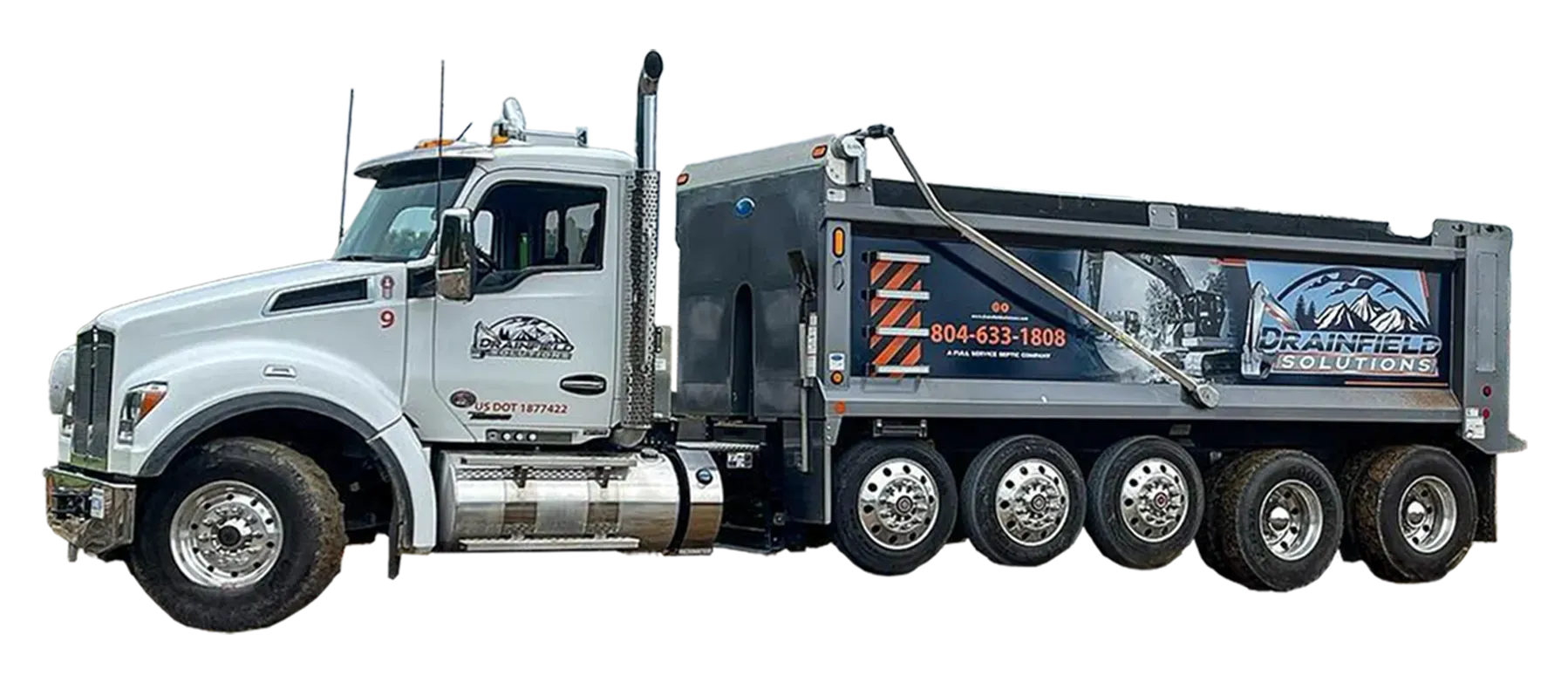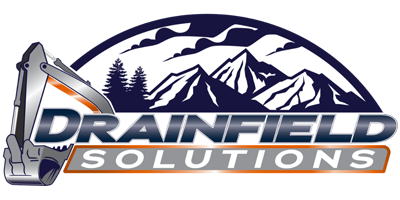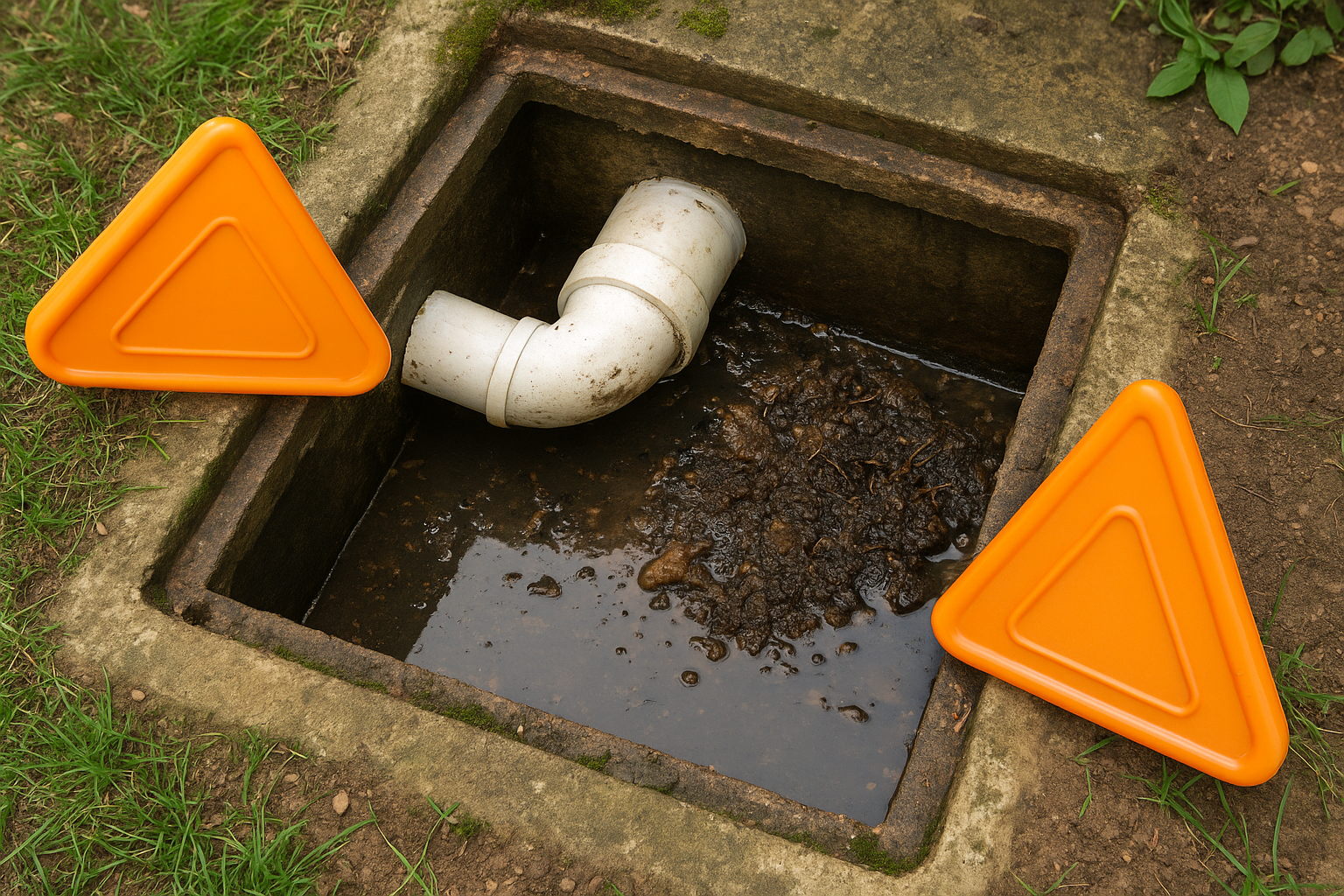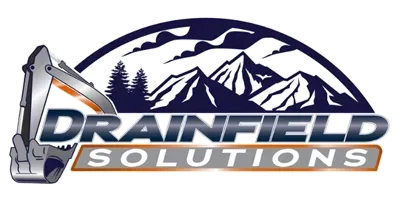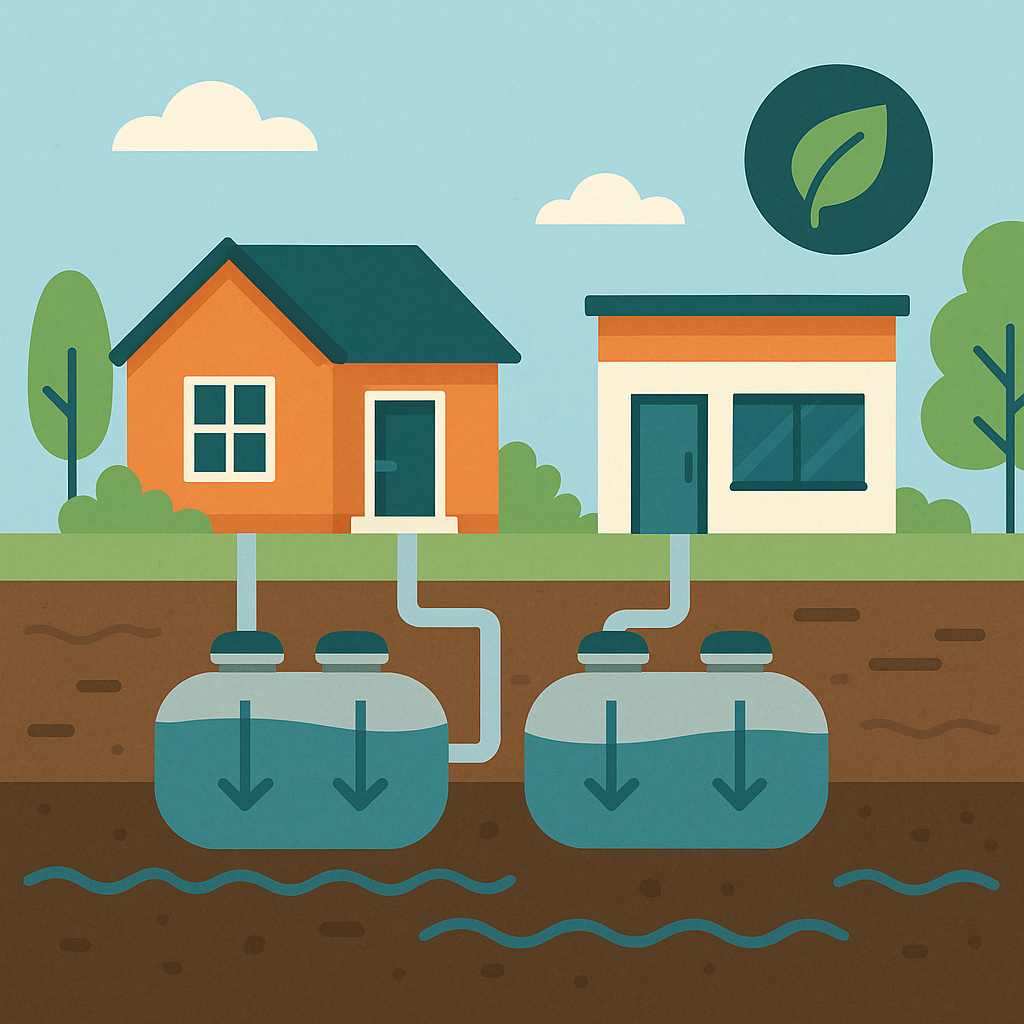
Here’s What Homeowners And Businesses Need To Know About The Environmental Impact of Septic Systems
May 23, 2025
Septic systems play a vital role in managing household wastewater for homes not connected to municipal sewer systems. While they are an effective and eco-friendly solution when properly maintained, failing or poorly designed septic systems can pose significant risks to the environment. Understanding the environmental impact of septic systems helps homeowners take proactive steps to ensure their system operates efficiently and safely.
How Septic Systems Affect the Environment
A septic system consists of a septic tank and drain field, working together to treat and disperse household wastewater. When functioning properly, these systems filter harmful contaminants, preventing pollution. However, if not maintained correctly, septic systems can contribute to groundwater contamination, soil degradation, and water pollution. Here’s a closer look at their potential environmental impact.
1. Groundwater Contamination
One of the primary concerns with septic drain fields is their potential to contaminate groundwater. When septic tanks are not pumped regularly, or if drain fields are failing, untreated wastewater can seep into the soil and reach underground water supplies.
Common contaminants from septic systems include:
- Nitrates and Nitrites: Excessive nitrate levels in drinking water can cause health issues, especially for infants (known as blue baby syndrome). (EPA on Septic System Impacts)
- Bacteria and Viruses: Harmful pathogens such as E. coli and Giardia can enter groundwater and pose serious health risks.
- Phosphorus: An excess of phosphorus can lead to algae blooms in nearby lakes and rivers.
2. Surface Water Pollution
When a septic system fails, untreated wastewater can enter streams, lakes, and rivers. This leads to increased nutrient levels, which encourage the overgrowth of algae and aquatic weeds. The consequences of septic system pollution in surface water include:
- Algae Blooms: Excess nitrogen and phosphorus promote the rapid growth of harmful algae, depleting oxygen levels in the water and killing fish. (Long Island Sound Study)
- Eutrophication: A process where excess nutrients cause a depletion of oxygen, leading to fish kills and the destruction of aquatic ecosystems.
- Public Health Risks: Contaminated water can pose health hazards to humans who swim in or consume the water.
3. Soil Contamination
A failing septic drain field can release raw sewage into the surrounding soil, leading to soil contamination. When soil absorbs excessive waste over time, it may lose its natural ability to filter contaminants effectively. This can impact plant health and the stability of local ecosystems.
4. Impact on Wildlife and Ecosystems
Septic system failures not only affect humans but also disrupt wildlife and fragile ecosystems. When harmful bacteria, chemicals, and excess nutrients seep into the environment, they can cause:
- Fish Kills: Decreased oxygen levels due to algae blooms suffocate fish and other aquatic life.
- Wildlife Poisoning: Animals drinking from contaminated water sources may suffer from poisoning or disease.
- Loss of Biodiversity: When water sources are polluted, delicate ecosystems can collapse, impacting native plant and animal species.
How to Minimize the Environmental Impact of Septic Systems
The good news is that with proper maintenance and septic system care, homeowners can significantly reduce the negative environmental impact of their septic systems. Here are some key steps to take:
1. Regular Septic System Maintenance
Routine septic system maintenance is the most effective way to prevent environmental contamination. Homeowners should:
- Schedule a septic inspection every 1year.
- Pump the septic tank every 3-5 years, depending on household usage. Virginia requires septic tank pumping every 3-5 years with recordation.
- Monitor drain field performance to ensure proper wastewater absorption. (Odor Free Septic)
2. Use Eco-Friendly Products
Household chemicals, detergents, and cleaning products can harm the bacteria that help break down waste in the septic tank. To maintain system efficiency:
- Use biodegradable, septic-safe cleaning products.
- Avoid harsh chemicals such as bleach and ammonia.
- Limit the use of antibacterial soaps, which can disrupt bacterial balance.
3. Conserve Water
Excessive water use can overload a septic system, causing waste to exit the drainfield before it has been properly treated. Reduce water waste by:
- Fixing leaks and dripping faucets.
- Installing low-flow toilets and water-efficient appliances.
- Spreading out laundry loads instead of running multiple loads in a single day.
4. Protect the Drainfield
The septic drain field is responsible for filtering and dispersing wastewater. Protect it by:
- Keeping heavy vehicles and equipment off the drain field area to prevent soil compaction.
- Avoiding planting deep-rooted trees or shrubs near the system to prevent root intrusion.
- Redirecting roof and surface water away from the drain field to prevent oversaturation.
5. Upgrade to an Alternative Septic System
For homeowners in environmentally sensitive areas or with poor soil conditions, an alternative septic system may be necessary. Some eco-friendly options include:
- Aerobic septic systems that use oxygen to break down waste more efficiently.
- Mound septic systems that elevate the drainfield to prevent groundwater contamination.
- Drip irrigation septic systems that slowly release effluent into the soil to minimize runoff.
The Role of Professional Septic Services in Environmental Protection
Hiring a professional septic system service ensures that your system is functioning optimally and meeting environmental regulations. Professional services include:
- Septic system inspections to detect leaks, cracks, or potential failures.
- Septic tank pumping to prevent system overload and groundwater contamination.
- Drain field repairs to restore proper wastewater filtration and distribution.
Why Choose Drainfield Solutions for Your Septic System Needs in Central Virginia?
At Drainfield Solutions, we understand the importance of a properly maintained septic system for both your home and the environment. With nearly two decades of experience, we specialize in septic system installation, drainfield repair, and routine septic maintenance to ensure eco-friendly and efficient wastewater management.
We are committed to helping homeowners in Central Virginia including Bowling Green, Ruther Glen, Fredericksburg, Mechanicsville, Stafford, Falmouth, Dahlgren, King George, Mineral, Richmond City and surrounding areas, reduce the environmental impact of their septic systems through high-quality services, expert advice, and environmentally responsible solutions. Whether you need septic system inspections, emergency repairs, or alternative septic system options, our team is here to help.
📞 Call us today at 804-633-1808 to schedule a consultation and ensure your septic system is operating safely and efficiently.
🌐 Visit us at
www.drainfieldsolutions.com to learn more about our services and how we can help protect your property and the environment.
Share Post
Latest Posts
Ready to Take the Next Step?
Whether you're in need of a system inspection or regular maintenance, Drainfield Solutions is here to help. Get in touch today for reliable service you can trust.
